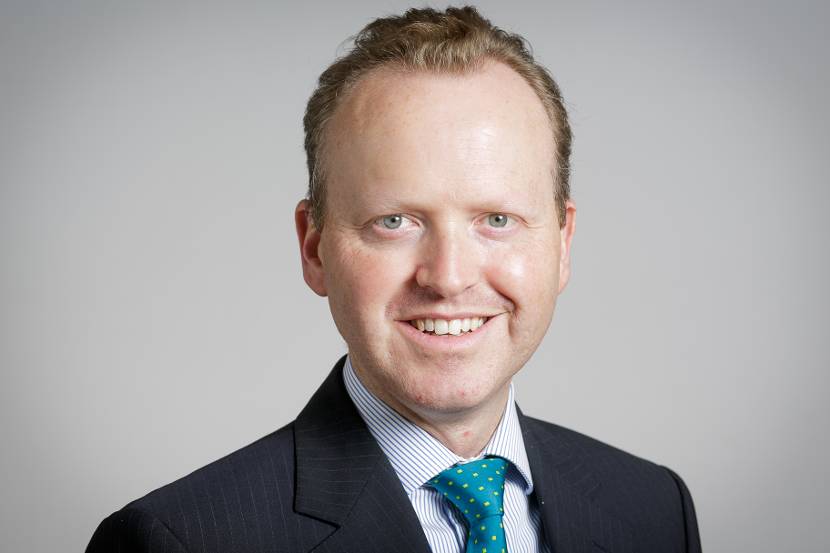- Projects
- The State of Sustainable Packaging
- Interviews
- 'Recycling is important, but there's more nowadays'
'Recycling is important, but there's more nowadays'
For the launch of The State of Sustainable Packaging, the KIDV spoke to various partners and experts in the field of sustainable packaging. What does their daily practice look like and how do they look at policy and developments? What cooperation and innovations are needed - in the short, medium and long term - to achieve intrinsically sustainable packaging. That is packaging that does not harm people and the environment. In this episode: Roald Lapperre, Director-General Environment and International at the Ministry of Infrastructure and Water Management.

“Our main concern when it comes to sustainable packaging is that businesses look at the entire life cycle of their products and packaging materials: how can they minimise their use of materials and bring their products to market with the smallest possible environmental footprint? For this, they must consider production aspects as well as the way in which consumers ultimately deal with the packaging materials. Together, we have to make sure that a packaging can be recycled as effectively as possible. From our perspective, our primary concern is to ensure that the preservation of resources pays off. Although recycling is important in the Dutch system, there are other options these days. Those include reduce and reuse, as well as transparency and a critical look at the claims that businesses make.”
“When it comes to circularity in a broad sense, the Netherlands is doing really well. With how they have made sustainability and circularity a matter of policy all the way up to the highest organisational level, our multinationals have become global leaders. We should be proud of that. At the same time, we are not there yet and still have a long way to go when it comes to the reuse of resources. Nevertheless, the glass is certainly half full - perhaps even more than half.”
“With the Plastic Pact NL, we have taken the initiative to challenge a number of businesses to reduce their use of plastics, improve the recyclability of the material and reuse recycled plastic. This is a promise made to the minister for the Environment, which was signed by a great many organisations, all of whom are now translating their promise into concrete actions. They are doing an excellent job.”
“Several years ago, we successfully ended the distribution of free plastic bags in stores. Now, our goal is to curb the use of certain types of disposable plastic, in accordance with the SUP guideline. At the same time, however, we are not out to regulate absolutely everything. With the Plastic Pact NL, we demonstrate that it is also possible to challenge market parties to take responsibility themselves. We see that progress is indeed being made. We also have excellent recycling targets and give room to innovation, as with the so called Versnellingshuis Circulaire Economie and the Energy Innovation Demonstration (DEI) scheme.”
In some cases, all it takes is bringing the right parties and knowledge together"
“The Versnellingshuis is primarily intended for businesses that have a potential business case pertaining to the circular economy. Together with MVO Nederland and VNO/NCW, we help turn these into profitable cases. That is often more difficult to do for small and medium-sized companies than for large multinational corporations. In some cases, all it takes is bringing the right parties and knowledge together. With the Versnellingshuis we can provide concrete support to potentially good ideas that have not been fully substantiated yet. Via the DEI scheme, substantial assets are available to support circular initiatives, e.g. with regard to repair, recycling and reuse of waste and applications for biobased resources. In other words, anything that helps reduce greenhouse gas emission levels.”
“As a government, we do not want to only set standards or regulate or facilitate. At the same time, we do not want to be too lax either. Instead, we utilise a combination of instruments. We cannot forget about fiscal matters either. The goal of the waste incineration tax that the current cabinet introduced is to stimulate high-grade recycling. It is about using the right combination of measures and about effective collaboration between the government, businesses and knowledge institutions. This interplay has done much for our country and it is important to hold on to that.”